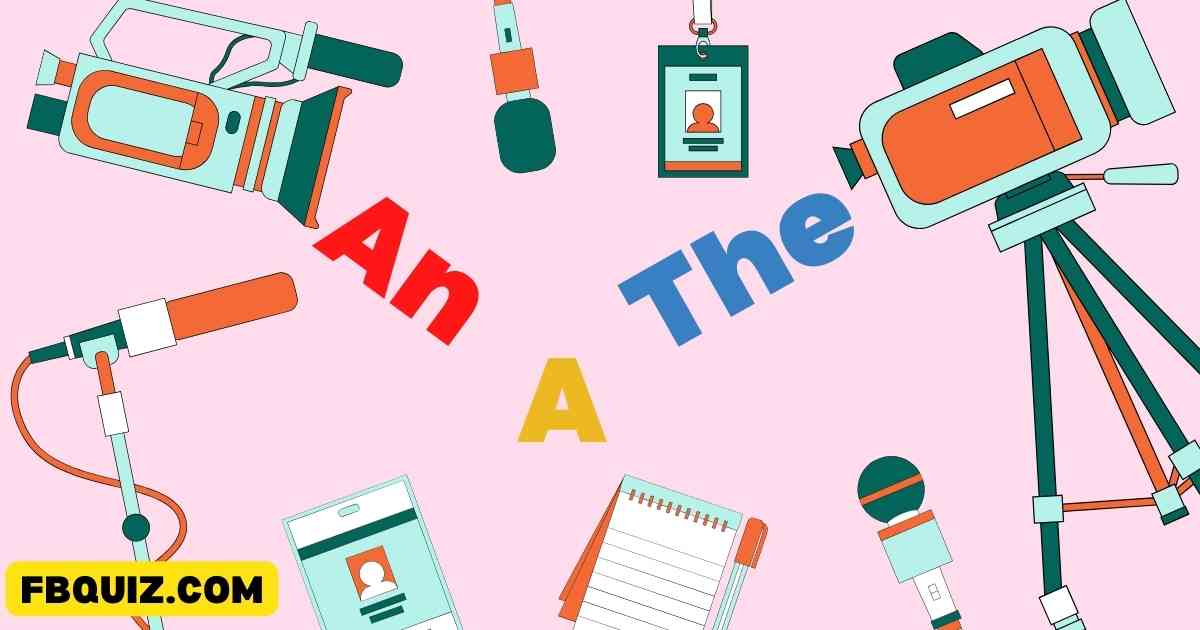The future tense in English is used to talk about actions or events that have not yet happened but will occur at some point later than now. This tense is essential for planning, predicting, promising, and expressing intentions or expectations.
There are several forms of the future tense, each with its specific use and formation rules. The primary forms are the simple future, the future continuous, the future perfect, and the future perfect continuous. Let’s explore each of these forms in detail.
| Pos. | Name | Points |
|---|---|---|
| There is no data yet |
Simple Future Tense
The simple future tense is the most common way to express an action that will take place in the future. It is often used with time expressions like “tomorrow,” “next week,” “in the future,” etc.
Formula
Use “will” + the base form of the verb.
Example: “will go,” “will eat.”
Alternatively, “be going to” can also be used to indicate a future action, especially when there is an intention or a plan.
Examples
- “She will visit her grandparents next weekend.”
- “They will watch a movie tomorrow.”
- “I am going to see him at the store later.”
Usage
- Predictions: “It will rain tomorrow.”
- Promises: “I will call you when I arrive.”
- Offers: “I will help you with your homework.”
- Intentions/Plans: “I am going to start a new job next month.”
| Pos. | Name | Points |
|---|---|---|
| There is no data yet |
Future Continuous Tense
The future continuous tense describes actions that will be in progress at a specific time in the future. It sets the scene for another action or emphasizes the duration of the ongoing action.
Formula
Use “will be” + the present participle (verb + -ing).
Example: “will be running,” “will be eating.”
Examples
- “She will be reading a book at 8 PM tonight.”
- “They will be watching TV when you arrive.”
- “I will be working on my project all evening.”
Usage
- Actions in progress: “At 7 PM, I will be eating dinner.”
- Future events happening simultaneously: “While you are cooking, I will be setting the table.”
- Polite inquiries about plans: “Will you be using the car tonight?”
| Pos. | Name | Points |
|---|---|---|
| There is no data yet |
Future Perfect Tense
The future perfect tense describes an action that will be completed before another specific future time or event. It emphasizes the completion of the action.
Formula
Use “will have” + the past participle of the verb.
Example: “will have finished,” “will have eaten.”
Examples
- “She will have finished her homework by 8 PM.”
- “They will have left by the time you arrive.”
- “I will have already eaten when he calls.”
Usage
- Actions completed before a specific time: “By next month, I will have completed the course.”
- Expressing achievements: “By the end of this year, they will have built five houses.”
| Pos. | Name | Points |
|---|---|---|
| There is no data yet |
Future Perfect Continuous Tense
The future perfect continuous tense describes an action that will have been ongoing for a period of time before a specific future time or event. It emphasizes the duration of the action.
Formula
Use “will have been” + the present participle (verb + -ing).
Example: “will have been working,” “will have been playing.”
Examples
- “She will have been studying for hours by the time he arrives.”
- “They will have been living in Paris for two years by next summer.”
- “I will have been waiting for over an hour when the bus finally comes.”
Usage
- Actions continuing up to a future point: “By the time you get here, I will have been waiting for an hour.”
- Emphasizing the duration of ongoing actions: “Next month, I will have been working at this company for five years.”
Differences and Usage Tips
Simple Future vs. “Going to”
“Will” is often used for spontaneous decisions: “I will get the door.”
“Going to” is used for planned actions or intentions: “I am going to start a new project.”
Future Continuous vs. Simple Future
Future continuous emphasizes the action in progress at a future time: “I will be reading at 8 PM.”
Simple future states a general future action: “I will read a book tonight.”
Future Perfect vs. Future Perfect Continuous
Future perfect focuses on the completion of an action: “She will have finished the report by Monday.”
Future perfect continuous focuses on the duration of the action: “She will have been working on the report for three hours by the time you arrive.”
Examples in Context
- Simple Future: “I will travel to Japan next year.”
- Future Continuous: “This time tomorrow, I will be flying to Japan.”
- Future Perfect: “By the time you read this, I will have arrived in Japan.”
- Future Perfect Continuous: “By the end of this trip, I will have been traveling for two weeks.”
Conclusion
The future tense in English, with its various forms, allows us to communicate our plans, predictions, intentions, and expectations clearly and accurately.
By understanding the nuances of the simple future, future continuous, future perfect, and future perfect continuous tenses, you can express future actions with the appropriate emphasis and context.
Practice using these tenses in different scenarios to gain confidence and fluency in talking about the future.


